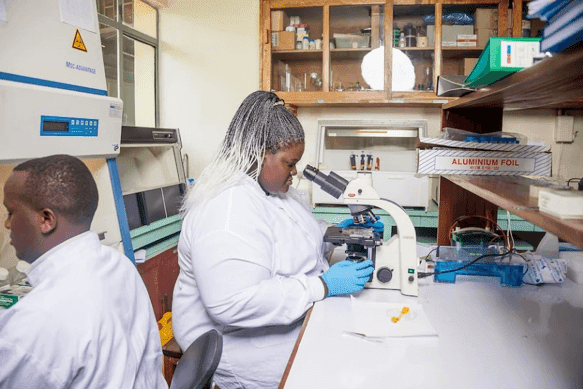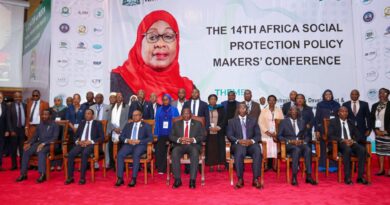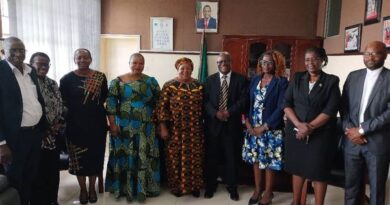African Leadership Urged to Take the Lead in Malaria Fight Ahead of World Malaria Day 2025
As the world marks World Malaria Day on April 25, African scientists and advocates are calling for bold local leadership, innovation, and investment to end malaria—a disease that continues to claim hundreds of thousands of lives across the continent each year.
According to the World Health Organisation’s 2024 Malaria Report, Africa remains the epicenter of the global malaria crisis, accounting for 94% of all cases. Alarmingly, 11 countries—including Uganda, Nigeria, and the Democratic Republic of the Congo—bear two-thirds of the global burden. The report also highlights a rise of 11 million malaria cases in 2023 compared to the previous year, with 600,000 deaths recorded.
Krystal Birungi, a Research Associate at Target Malaria and speaker for the Global Fund Advocates Network, stressed that malaria is “a deeply local public health issue” and urged Africa to lead the fight through scientific breakthroughs and homegrown solutions.
“Malaria hits our poorest communities hardest, fueling cycles of poverty and lost productivity,” said Birungi. “We need bold innovation matched by bold investment. Imagine the developmental gains if the billions spent on malaria were redirected to education or infrastructure.”
Target Malaria, an international research consortium supported by the Gates Foundation and Open Philanthropy, is pioneering gene drive technology—a groundbreaking method to reduce malaria mosquito populations sustainably. Birungi emphasized that while the technology is promising, it requires continued international funding and cooperation.
The Global Fund estimates a need for $18 billion to save 23 million lives and prevent 400 million infections between 2027 and 2029. With global aid under pressure, Birungi insists that now is the time to act.
“Eliminating malaria is not just possible—it’s inevitable if we choose to fight for it together,” she concluded.
Target Malaria continues its advocacy and outreach efforts, rallying global and local support to realize a malaria-free Africa.



